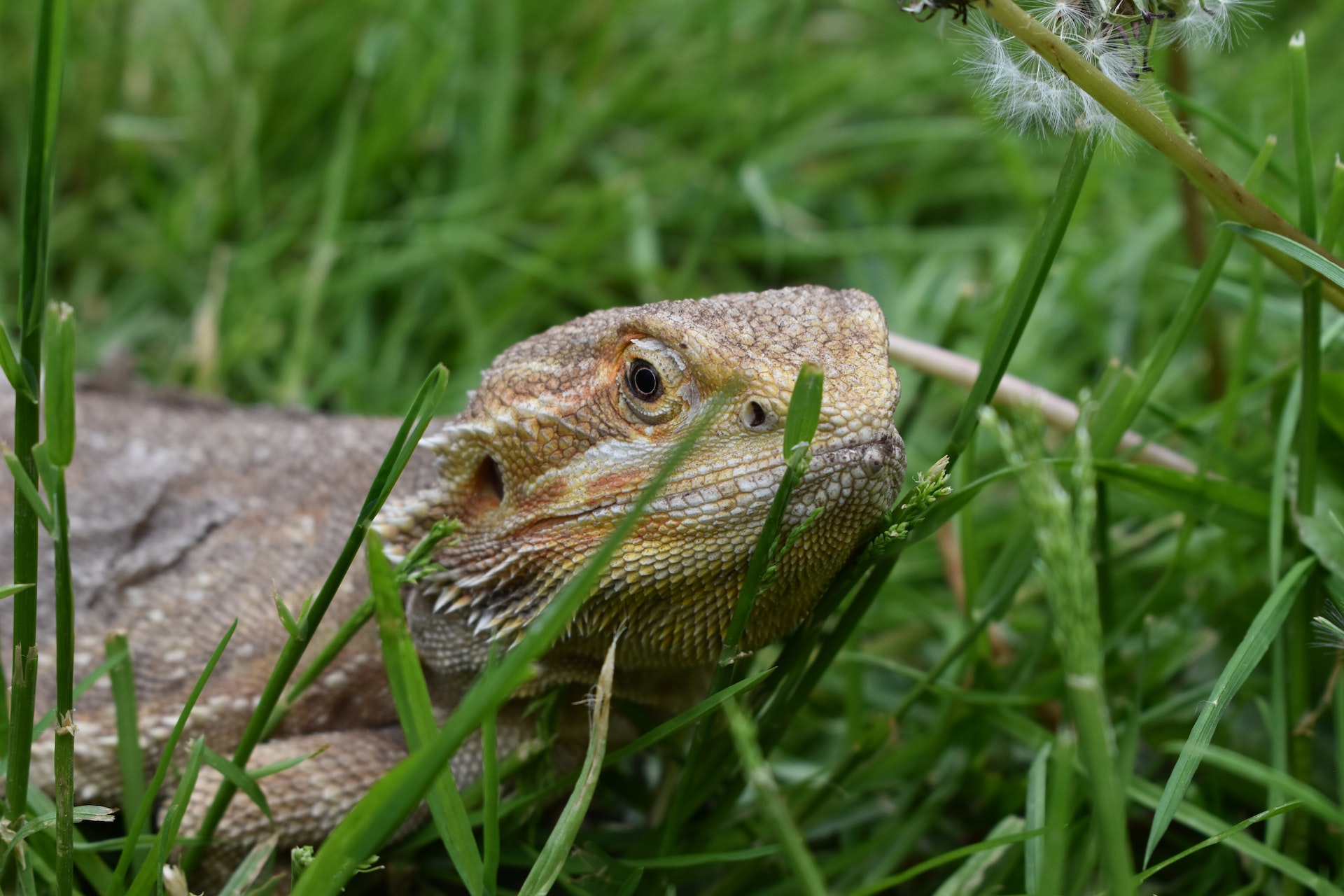In this article, we will discuss how to recognize and treat bearded dragon parasites. Bearded dragons are fascinating creatures that make great pets. However, like all animals, they are susceptible to parasites, which can cause a range of health issues if left untreated. Parasites can pose a significant threat to the health and well-being of bearded dragons. These unwelcome guests can cause a range of issues, including weight loss, digestive problems, and even organ damage if left untreated. Recognizing the signs of parasitic infestation and implementing appropriate treatment is crucial for ensuring the vitality of your scaly companion. In this comprehensive guide, we will explore how to recognize common parasites in bearded dragons and discuss effective treatment options to eradicate these pesky invaders.
Points to explore bearded dragons parasites
1. Understanding Common Parasites in Bearded Dragons
Bearded dragons can be susceptible to various internal and external parasites. Some common parasites include mites, ticks, worms (such as pinworms and roundworms), and protozoa. These parasites can be introduced through contaminated food, water, or the environment. Understanding their life cycles and potential effects on your dragon’s health is essential for timely intervention.
2. Recognizing Symptoms of Parasitic Infestation

Parasites can manifest in different ways, and their symptoms may vary depending on the type and severity of the infestation. Common signs of parasitic infestation in bearded dragons include weight loss, decreased appetite, lethargy, diarrhea, abnormal stool consistency, bloating, and changes in behavior. It is important to observe your dragon closely for any deviations from their normal behavior and appearance.
3. Seeking Veterinary Diagnosis
If you suspect your bearded dragon has a parasitic infestation, it is crucial to seek veterinary assistance for an accurate diagnosis. A reptile-savvy veterinarian can perform fecal examinations, skin scrapings, and blood tests to identify the specific parasites affecting your dragon. This information is vital for determining the most appropriate treatment plan.
4. Targeted Medications and Treatments
Once a parasitic infestation is confirmed, your veterinarian will prescribe targeted medications to treat the specific parasites identified. The treatment may involve antiparasitic medications, such as fenbendazole or ivermectin, administered orally or topically. The dosage and duration of treatment will depend on the severity of the infestation. Follow your veterinarian’s instructions carefully and complete the full course of treatment.
5. Hygiene and Environmental Management

To prevent reinfestation and ensure the elimination of parasites, it is crucial to implement strict hygiene practices. Thoroughly clean and disinfect your dragon’s enclosure, including all furnishings, regularly. Remove any feces promptly and wash your hands thoroughly after handling your dragon or cleaning their habitat. Regularly wash and disinfect food and water dishes to minimize the risk of contamination.
6. Environmental Disinfection
Parasites can reside in the environment, so proper disinfection is essential. Clean and disinfect any reptile accessories, such as hides and decorations, that could harbor parasites. Soak and clean branches or rocks in a reptile-safe disinfectant solution before returning them to the enclosure. By maintaining a clean and hygienic environment, you can minimize the risk of reinfection.
7. Preventative Measures
Preventing parasites is crucial for your bearded dragon’s long-term health. Implementing preventative measures, such as regularly inspecting food sources for parasites, purchasing reptiles from reputable sources, and quarantining new additions before introducing them to your existing dragons, can significantly reduce the risk of infestation. Additionally, practicing good hygiene and maintaining a clean environment will help prevent future outbreaks.
8. Regular Veterinary Check-ups
Regular veterinary check-ups are essential for monitoring your bearded dragon’s overall health and detecting any potential signs of parasitic infestation early on. During these visits, your veterinarian can conduct routine fecal examinations and provide guidance on parasite prevention strategies specific to your dragon’s needs.
Conclusion
In conclusion, recognizing and treating parasites in bearded dragons is essential to their health and wellbeing. Owners should look for signs of parasites and seek veterinary care immediately if they suspect an infestation. Preventing parasites through proper hygiene, nutrition, and regular veterinary check-ups is key to keeping bearded dragons healthy and happy. Being able to recognize the signs of parasitic infestation and promptly seeking veterinary care is crucial for the well-being of your bearded dragon. By understanding the common parasites, following targeted treatment plans, maintaining good hygiene, and implementing preventative measures, you can ensure a healthy and parasite-free life for your scaly companion. Remember, early detection and proper treatment are key to addressing bearded dragon parasites effectively. I hope that now you will learn how to Recognize and Treat Bearded Dragon Parasites.



